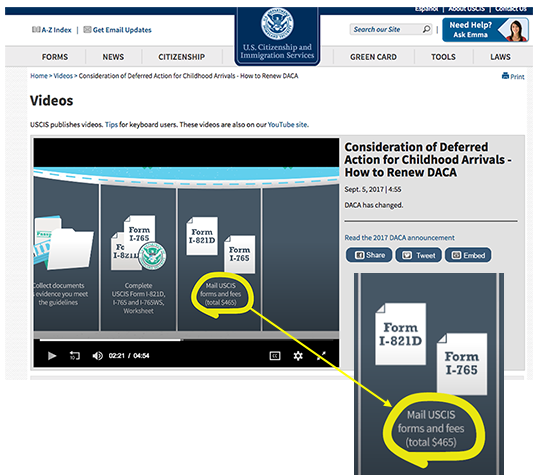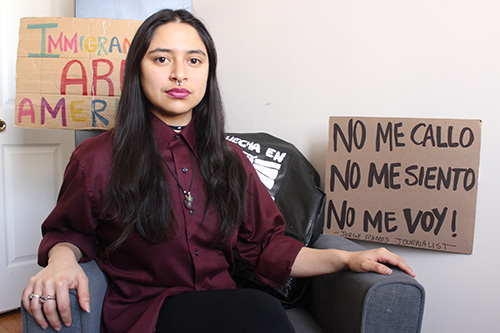FOR IMMEDIATE RELEASE
March 29, 2018
CONTACT
Juan Gastelum, National Immigration Law Center, [email protected], 213-375-3149
Daniel Altschuler, Make the Road New York, [email protected], 917-494 5922
David Chen, WIRAC at Yale Law School, [email protected], 908-240-6252
Federal Court Rules Legal Challenges to DACA Rescission Can Continue
NEW YORK — A federal district court in Brooklyn today ruled that Batalla Vidal v. Nielsen, the first legal challenge filed challenging the Trump administration’s decision to end the Deferred Action for Childhood Arrivals (DACA) program, can proceed. The U.S. District Court for the Eastern District of New York rejected the federal government’s motion to dismiss the case, finding that several of the claims presented may continue. The court is simultaneously hearing a similar case brought by 17 state attorneys general led by New York, which will also proceed.
The court ruled that two constitutional claims should proceed: 1) that the Trump administration violated the equal protection guarantee by discriminating against Latinos and Mexicans in terminating DACA; and 2) that the Trump administration violated the procedural due process clause in unfairly denying certain renewal requests.
The same court in February found that the plaintiffs, six New Yorkers with DACA and Make the Road New York, are likely to succeed on their claim that the decision to end DACA was “arbitrary and capricious.” The court at the time issued a preliminary injunction allowing anyone who previously had DACA to apply for renewal. A separate court in California had ordered a similar injunction in January. Both injunctions remain in place.
Batalla Vidal v. Nielsen is brought by Martín Batalla Vidal, Antonio Alarcon, Eliana Fernandez, Carolina Fung Feng, Mariano Mondragon, Carlos Vargas, and Make the Road New York. They are represented by the National Immigration Law Center, Make the Road New York, and the Worker and Immigrant Rights Advocacy Clinic at Yale Law School.
Attorneys for plaintiffs in Batalla Vidal issued the following statement:
“The court again has acknowledged that our brave plaintiffs present important claims, including that the decision to terminate DACA was rooted in Trump’s bias against Latinos, especially Mexicans. We are encouraged that the court continues to recognize the harm caused by the Trump administration’s reckless and unlawful termination of DACA.
“The court’s preliminary injunction allowing anyone who previously had DACA to apply for renewals remains in place. Eligible DACA recipients should consult with a legal service provider to decide whether to submit a renewal application now, while USCIS is accepting applications.
“While the court injunctions have allowed limited, temporary relief for some, hundreds of thousands of immigrant youth are in urgent need of a permanent solution. We will continue to fight alongside our clients and with immigrant youth and allies to ensure Dreamers have a secure future in this country, their home.”
###






















